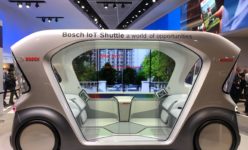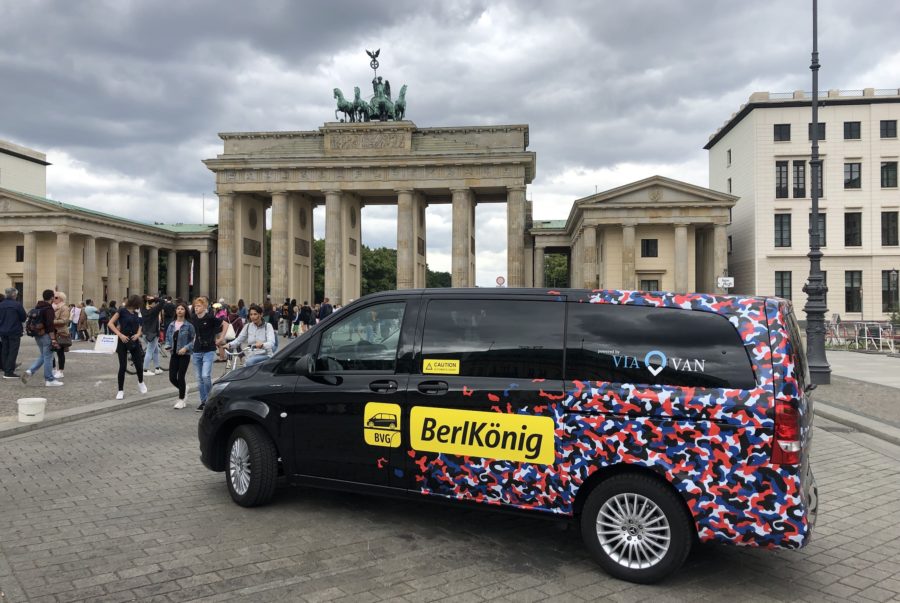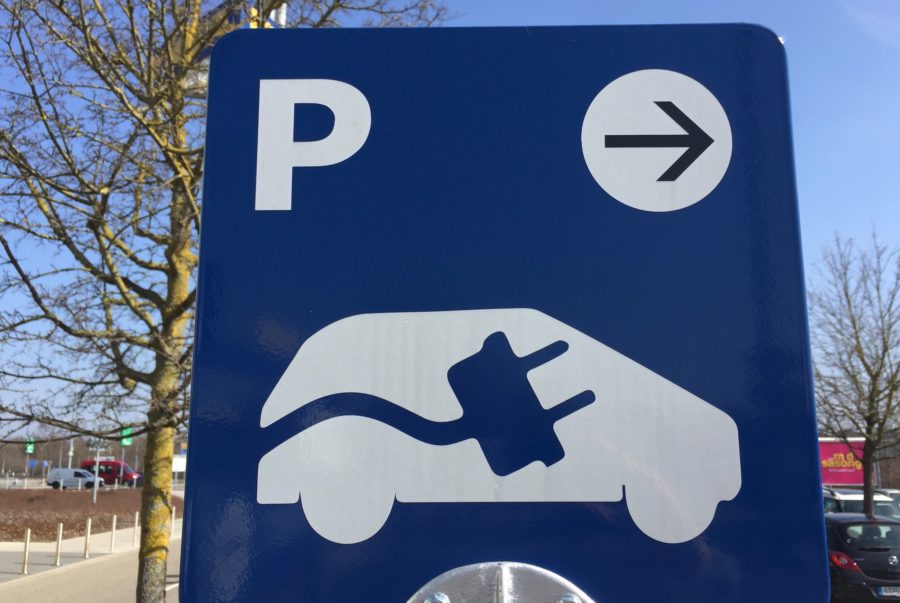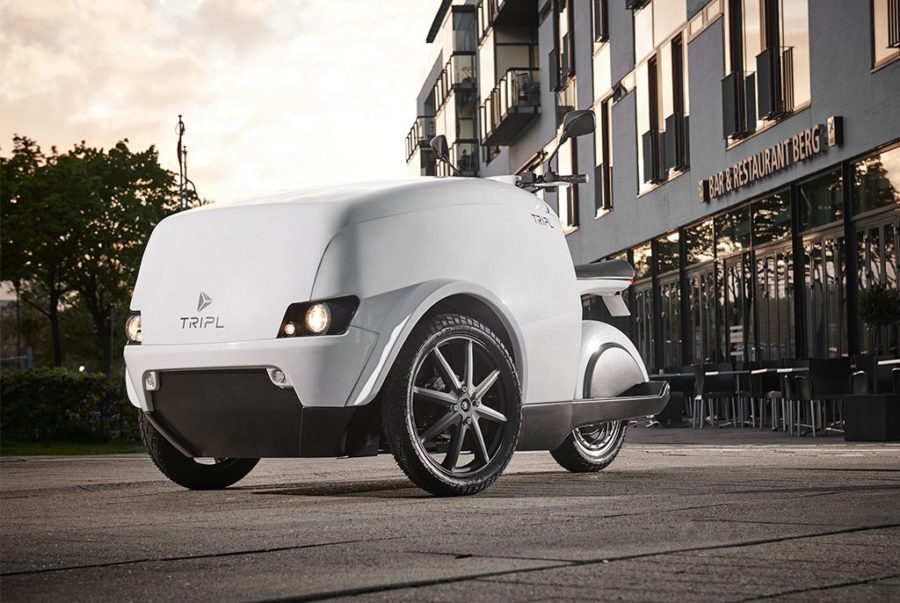Vancouver’s success as a smart city with a focus on mobility therefore builds on the successful legacy of the 2010 Winter Olympics. More than 0 million in economic impact was generated. More than 3000 new jobs created in the Vancouver Metro region. And perhaps precisely with this success, Vancouver has become aware that mobility in a city is crucial for the social well-being of its inhabitants.
And so the so-called ‘Green Transportation goal’ was proclaimed. The aim here is to transform Vancouver into a city where it is safe and comfortable to move around on foot or by bicycle, and entertaining at the same time. Transit on foot or by bicycle should be fast, reliable and accessible. Wherever people move, the streets, public spaces and all districts must be living places filled with people, plants and activities. So the claim.
In our first part we reported on the concrete consequences for pedestrians and especially cyclists. Cyclists have always’felt’ that they have right of way on the road, including the safety distance that motorists maintain from cyclists. In front of supermarkets, cafés and public buildings, fixed bicycle racks are installed to lock the bikes. Cycling is simply fun in Vancouver and is even more part of the cityscape than using a car.
Bike-sharing by Mobi
Mobi is the name of the local bike sharing provider in Vancouver. The system is managed by the city and is owned by CycleHop. Launched on July 20, 2016 with a limited number of stations and bicycles for founding members, more than 1500 bicycles are now available at 150 stations.
Sponsor of the Bike-Sharing Service Mobi is the Canadian Internet Services provider Shaw, therefore the service is often called’Mobi of Shaw Go’. Since the Mobi by Shaw Go program began, there have been more than 650,000 trips over two million kilometers through the city.
The bike sharing system cost the city 5 million Canadian dollars in start-up costs as well as another 2 million dollars in subsidies during the two-year start-up phase. Vancouver Bike Share, the owner and operator of the system, is contributing
[ million to the expansion, while TransLink (the local bus company) is contributing another million dollars.
In general, linking bus services and bicycles is a successful concept, not only in terms of financial cooperation. All buses, which are all electrically powered, have a stand at the front for several bikes, which can be strapped on at short notice and thus help to cover the longer distances by bus. For outsiders, it is also stress-free to unbuckle or remove the bicycles even in the largest rush hour traffic. A mobility offer that interlocks without any hectic pace.
But anyone who actually needs a car in Vancouver is not necessarily the owner of one.
Evo, zipcar and car2go carsharing in Vancouver
And if a car has to be used in Vancouver, three major carsharing providers – Evo, zipcar and car2go – offer their vehicles in the city. With the smart fortwo EQ, Car2go offers the majority of electric vehicles, but the Mercedes Benz GLA and CLA are also multi-seaters. The Evo vehicles are particularly popular with students and athletes. The vehicle fleet, which consists exclusively of Toyota Prius hybrids, is fitted with bicycle, ski and surf stands on the roof throughout. Ideal for a sports-crazy city like Vancouver.
“With Evo, car2go and Zipcar, three major car sharing providers are active in the city.”
Speaking of electric vehicles and hybrids. Here, too, the number of charging stations is completely sufficient in the city area. Vancouver’s electricity is produced in British Columbia itself – 93% of it from renewable sources. The switch to renewable energies creates new green jobs. The city has introduced the most environmentally friendly building code in North America and is pursuing numerous projects in the field of renewable energies.
There can be no doubt that it has been a process of many years that has brought the city of Vancouver into this role model function. And it was certainly not always easy decisions (partly against the car) made by the city leadership and those responsible. But it was worth it.
Mobility in Vancouver is noticeably different even for tourists today. Cycling in this vibrant metropolis is different. It’s fun and naturally part of the cityscape.
And for those of us below who can’t or don’t want to do without the car, there’s still the grip on the smartphone, the respective app opened and the car booked via car sharing. Not ownership but sharing is the order of the day. This is not only worthwhile for your own wallet, but is also reflected in the city’s environmental balance sheet. Vancouver is a role model when it comes to smart mobility. I am very happy to have experienced this personally.
Image Rights: Michael Brecht
More articles from the category “Urban Concepts”:
Post a Comment
You must be logged in to post a comment.


























